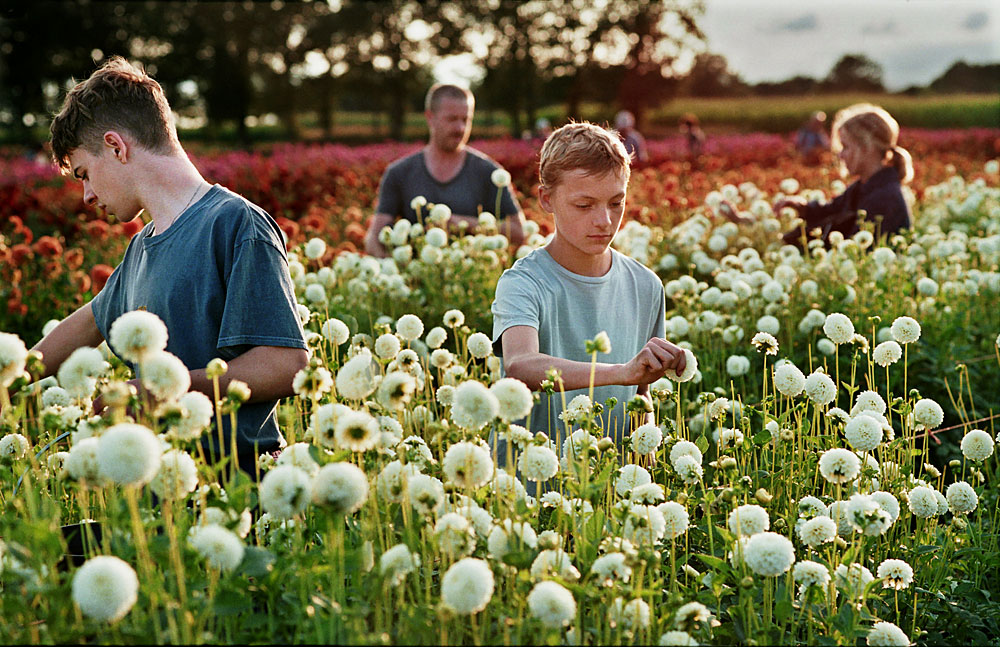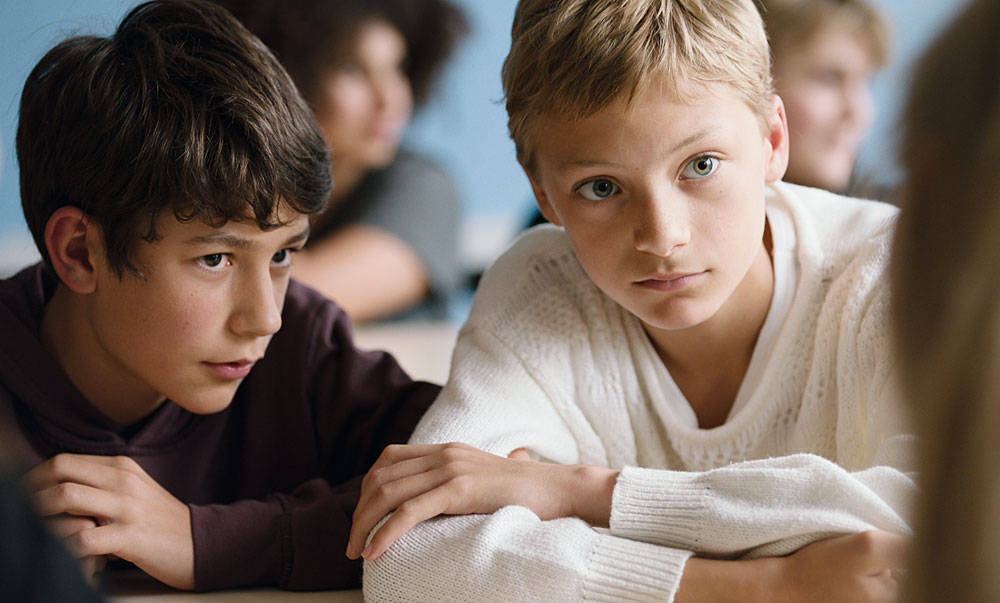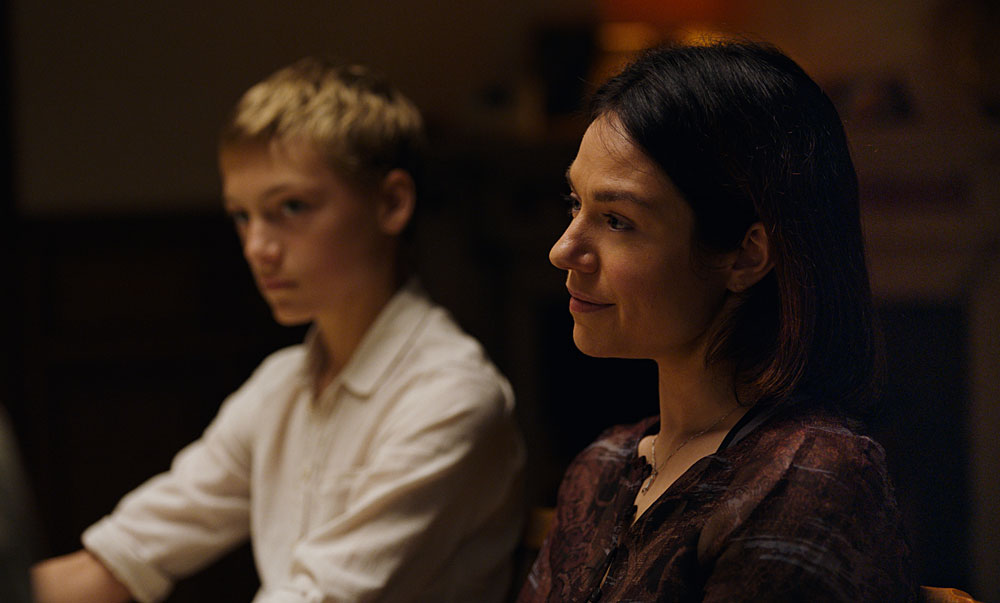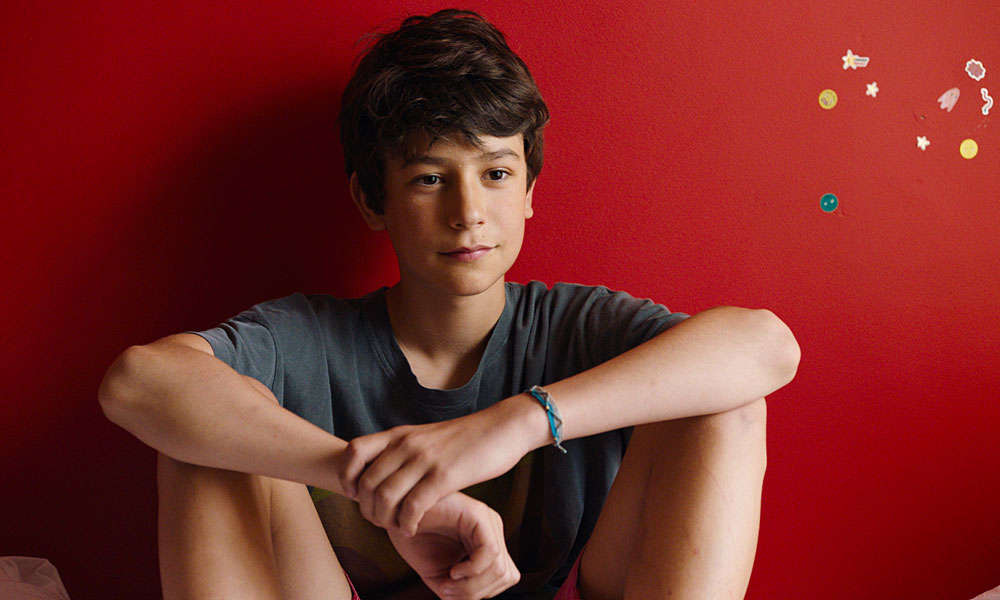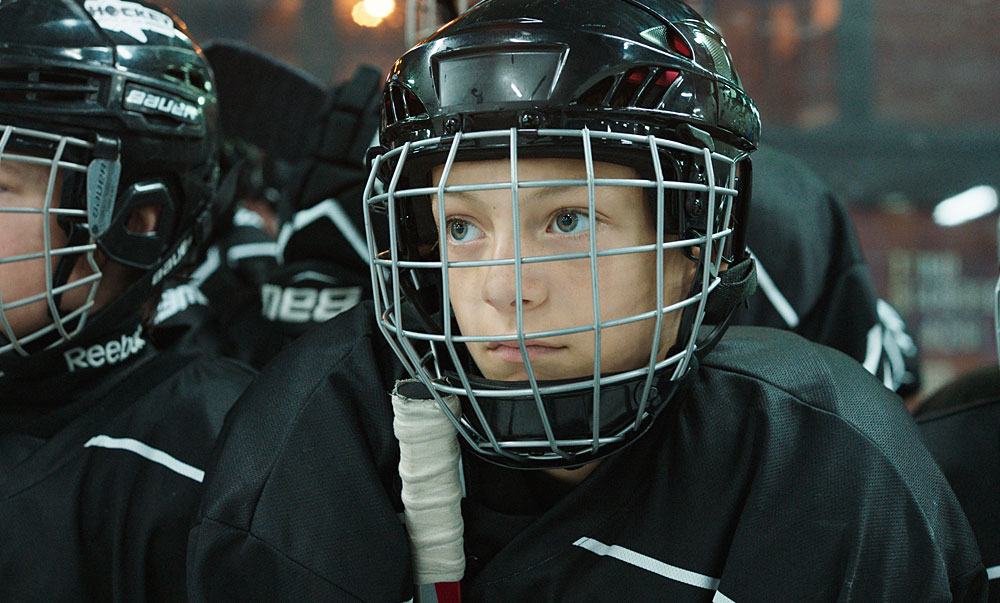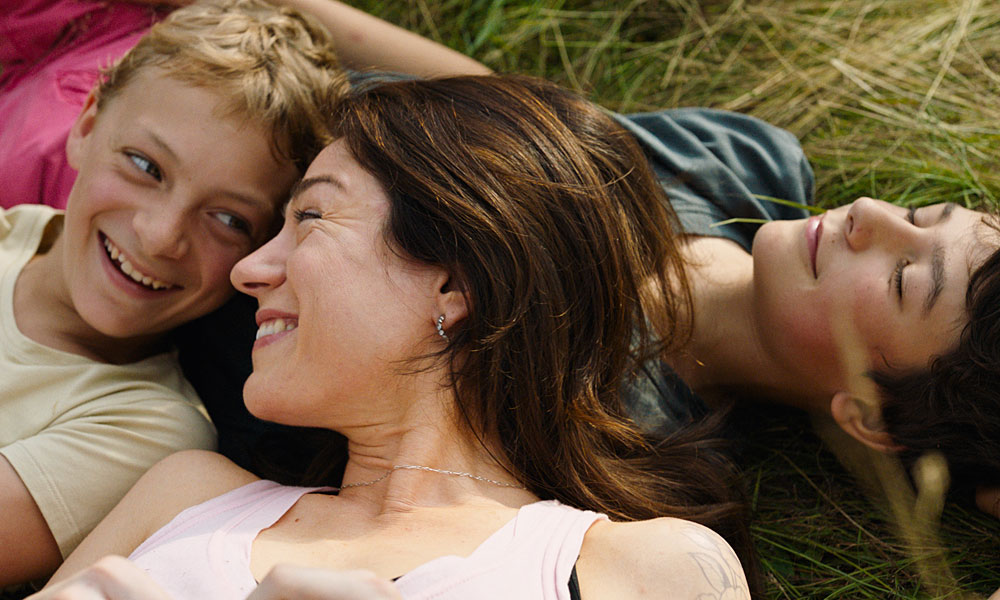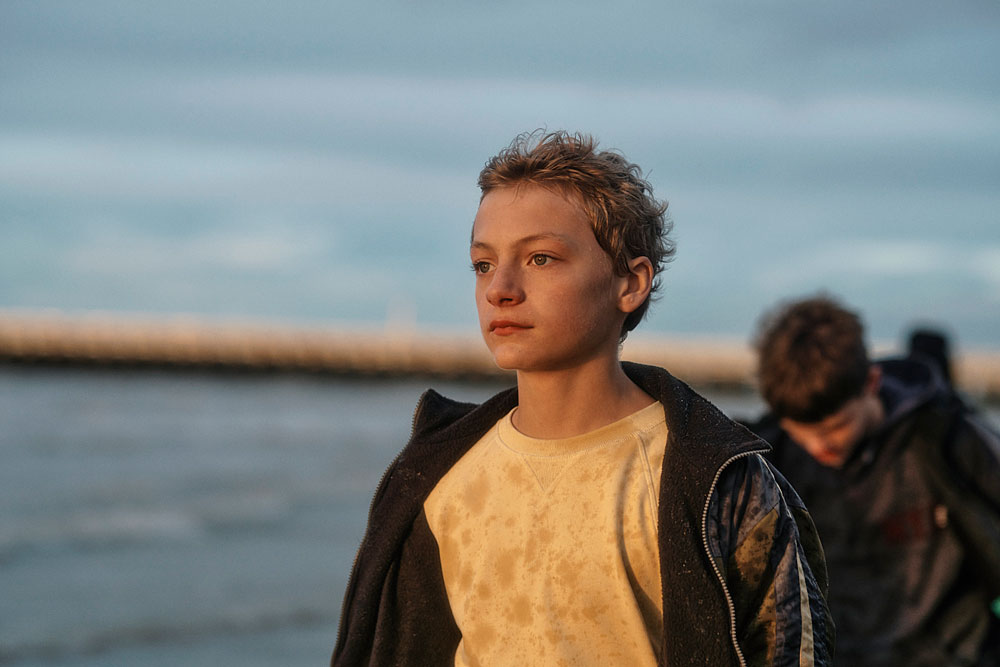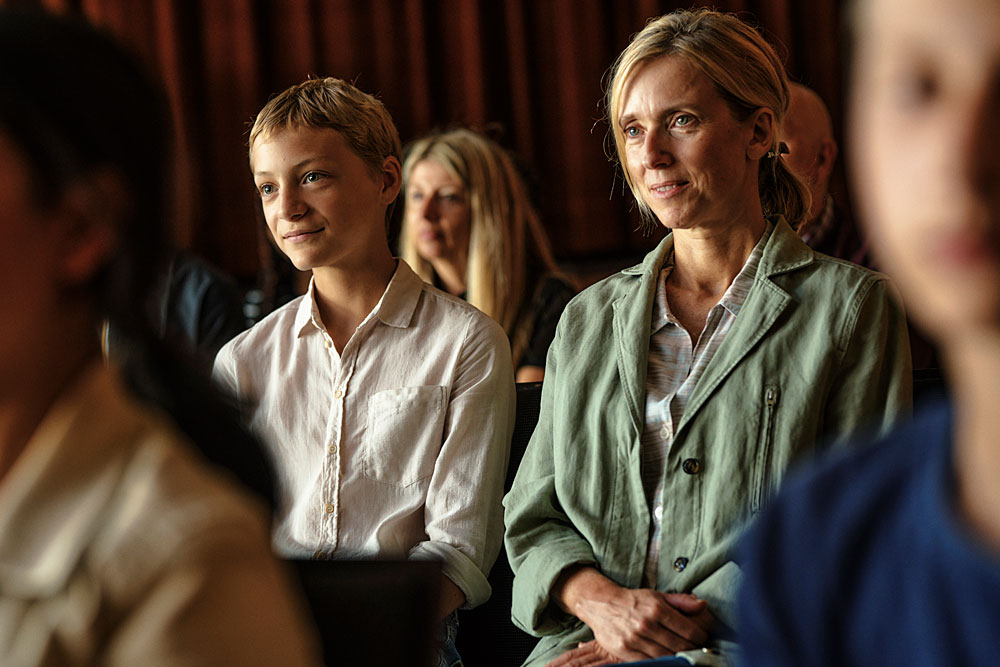The winner of the Cannes Grand Prix, Close garnered an Oscar nomination in the Best International Feature category and two accolades at the Ljubljana International Film Festival: the Art Cinema Network of Slovenia Award and the Kinotrip Young Jury Award.
Close Close
cast Eden Dambrine, Gustav De Waele, Émilie Dequenne, Léa Drucker
IMDbThe DVD of the film is available in our Bookshop. (List of available DVDs in Slovene only)
Photos
What's On
Flow Straume
Gints Zilbalodis
Thursday, 10. 07. 2025 / 21:30 / The Ljubljana Castle
Cat is a solitary animal. However, as its home is devastated by a great flood, he finds refuge on a boat populated by various species, and will have to team up with them despite their differences. In this lonesome boat sailing through mystical flooded landscapes, they navigate the challenges and dangers of adapting to this new world. »A survival epic full of mysteries and magic, it’s an animated epic worthy of Ghibli.« – Time Out. »One of the most moving animated films in recent memory, and, beyond that, groundbreaking too.« – IndieWire. Oscar for Best Animated Feature.
Anora Anora
Sean Baker
Friday, 11. 07. 2025 / 21:30 / The Ljubljana Castle
Shot in his signature style, Sean Baker’s comedy-drama continues the director’s deeply humanist exploration of social issues. Palme d’Or at the Cannes Film Festival.
The Phoenician Scheme The Phoenician Scheme
Wes Anderson
Saturday, 12. 07. 2025 / 21:30 / The Ljubljana Castle
Wes Anderson’s latest film is coming to Kinodvor straight from its world premiere in Cannes.
